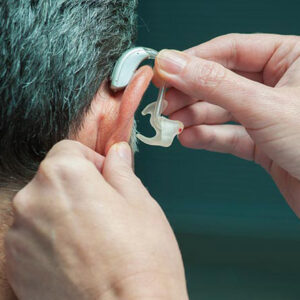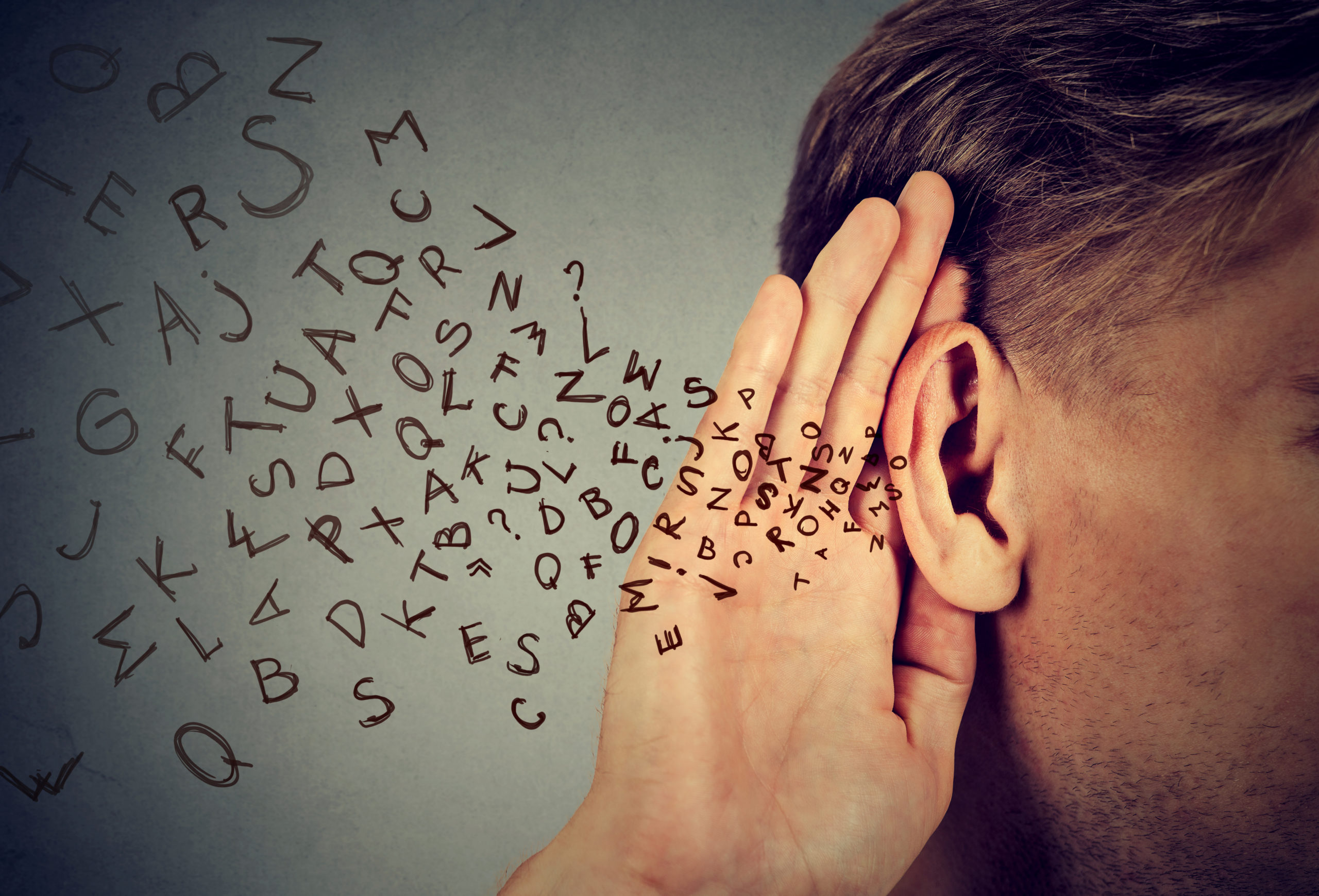Old Age Ailments such as Loss of Hearing
Loss of hearing is quite prevalent among old folks and in addressing it as one of the common ailments of old age, it is important to know that one can get help self. It is advisable to adopt some preventive measures.
It is very common and from 45 years old of age and on, one observes a mild or slight and frequent loss of hearing.
At the age of 65 to 70 years of age, two in five persons seem to suffer or experience hearing problems (loss of hearing). At 85 to 90 years of age, more than half experience hearing loss.
There are so many risks attached to loss of hearing and some are quite serious. The following are some of the facts regarding this ailment. They include:
- Independence loss as a result of being unable to be part in many activities without someone’s help.
- Accident risk from not hearing; for instance, the noise of a car that is approaching or a voice of alarm when danger lurks
- Loss of important information: for example, when we do not hear well especially when an important information is being passed or when we are do not hear about social service that we could be part of and be enjoying.
- Another risk from loss of hearing is shame, frustration and also irritation from not hearing well or the frustration attached to asking people repeatedly to repeat what was said.
- Depression is another risk
- Loss of cognitive ability as a result of the closure of auditory learning centers
- Sadness, loneliness and isolation
You may like: Perfectionist Problems
I embarked on this article because prevention is better than cure and in facilitating communication, solutions are not perfect as expected. Let’s take a look at some preventive measures below.
Preventive measures to Loss of Hearing
According to a practical guide to living better and longer, there are only preventive measures and also palliative measures.
Preventive measures
Poor hearing sometimes is linked to a hereditary component but it is important to take preventive measures and this is for everybody whether or not one is affected by heredity. From our youth, we ought to do the following:
- We should go for immediate treatment for nose, throat and ear infections
- Avoid listening to music in their highest volumes. Exposing our ear to high intensity noise is quite dangerous. Loud music, machinery and others are dangerous to the health of hearing components. We should avoid them totally.
- We should avoid medicine that is capable of contributing to loss of hearing. Consult your doctor when you noticed any risks or symptoms.
- We should eat foods high in antioxidants.

According to a study by Takumida and Anniko, 2009 in Japan, rebamipide, vitamin C and alpha lipoic acid given to subjects between 70 to 90 years of age helped in neutralizing free radicals and the effect of the above study and treatment showed; significant clinical improvement in 40 ears, no change in 49 ears and loss of hearing in 3 ears. However, results are not completed but there is no risk in this treatment.
Palliative Measures
At the initial stage of loss of hearing, it is important to see a specialist in order to carry out proper examination of the auditory system as well as an audiometry. Three treatments for loss of hearing are involved.
- Cochlear implants which is placed in the inner ear with surgery
- Environmental systems like amplifiers which are attached to visual alarms, sounds or telephone in a particular audible frequency.
- Hearing aid which facilitates sound waves.
Communication facilitation
Have hearing difficulty?
- If you do not understand, ask the speaker to repeat the message or information passed
- Pay attention to the facial expressions of the person speaking
- Do not feel embarrassed
- Ask the person speaking to you to speak slowly
- Do not shout when asking for a repeat
Living with someone with hearing loss problem?
- Be patient with them and do not lower their self-esteem
- Use gestures while you ensure face to face conversion
- Do not chew while speaking to them
- Speak slowly and very clear
- Do not raise your voice too much
See more posts
Anxiety and an Anxiety disorder

A graduate of Computer Science and Information Management Technology. Diploma – Caregiving, Certificates – Dementia and Diabetes Awareness and Management. A researcher, blogger, songwriter, singer and acoustic guitarist. Born in an environment where natural talents such as healing are imparted at our natural birth. This natural talents of healing is the result of our genetic inheritance and the training from family environment.















